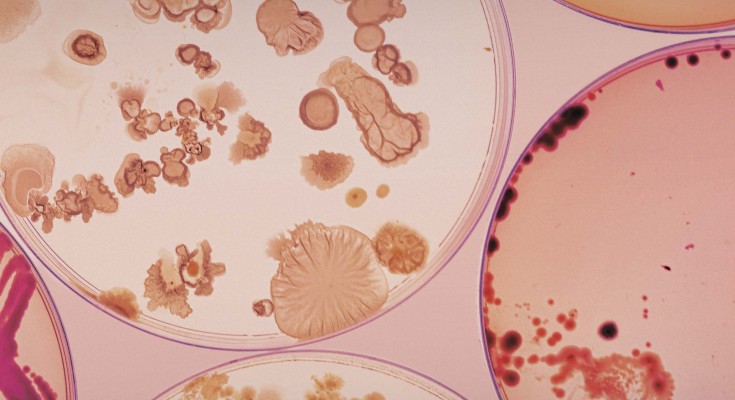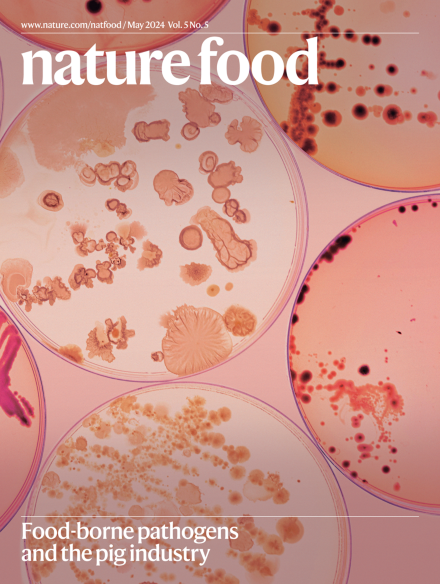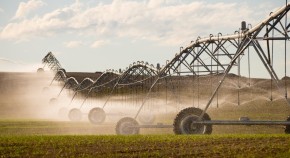
Our May issue is now live
The spread of Salmonella enterica, dish-level GHG emissions, a more ecological chocolate, urbanization and nitrogen, recreational fish as food, circular food systems in Europe… and more!

The spread of Salmonella enterica, dish-level GHG emissions, a more ecological chocolate, urbanization and nitrogen, recreational fish as food, circular food systems in Europe… and more!



Crop diversity and cropland area stabilize food production as much as irrigation, but larger countries are likely to benefit more. This relationship can guide policy development and nation-specific management strategies in the pursuit of stable food supplies.